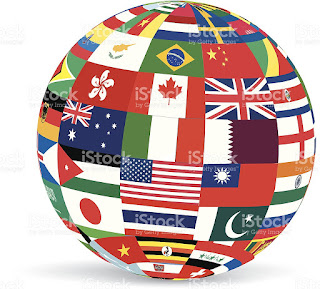The great decoupling

As Trump speaks about disengaging from China, the Chinese are doubling down on creating a parallel Information Technology universe free of America-made software. The big tech, usually the champion of free trade and free movement of people, has all of a sudden turned sinophobe. Just when a disease borne by globalisation destroys lives and disfigures economies, we are staring at a fundamental reconfiguration of the world - the great decoupling! It's an ugly word (fittingly for the age of Trump, full of sexual innuendo) but one that really captures what's happening: The integrated global economy that we got used to is breaking apart! This was a process well under way for some time, but COVID19 has accelerated the process. We need to start thinking what comes next and adjust our ideas accordingly. However, amid Donald Trump's rhetoric and China's territorial assertions, it is tempting to start thinking about a new Cold War. But that's not what is happening now: The worl...



